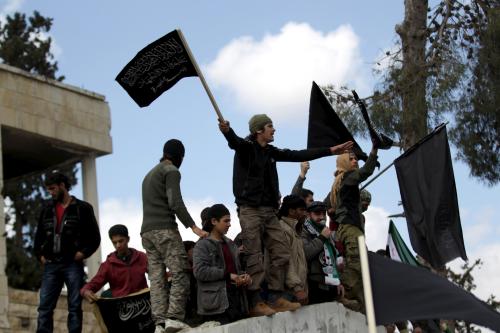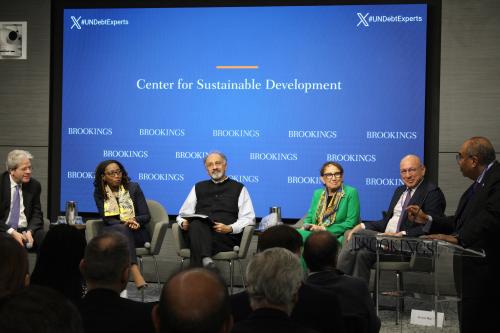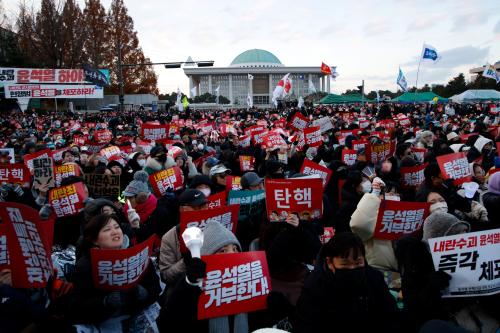Led by Brookings Senior Fellows Vanda Felbab-Brown, Shadi Hamid, and Harold Trinkunas, the Brookings Seminar on Reconstituting Local Orders seeks to better understand how domestic political order breaks down and is reconstituted. It draws out policy implications and recommends more effective action for local governments and the international community. It examines these issues by bringing together top-level experts and policymakers. Learn more »
Reconstructing local orders in Mali: Historical perspectives and future challenges
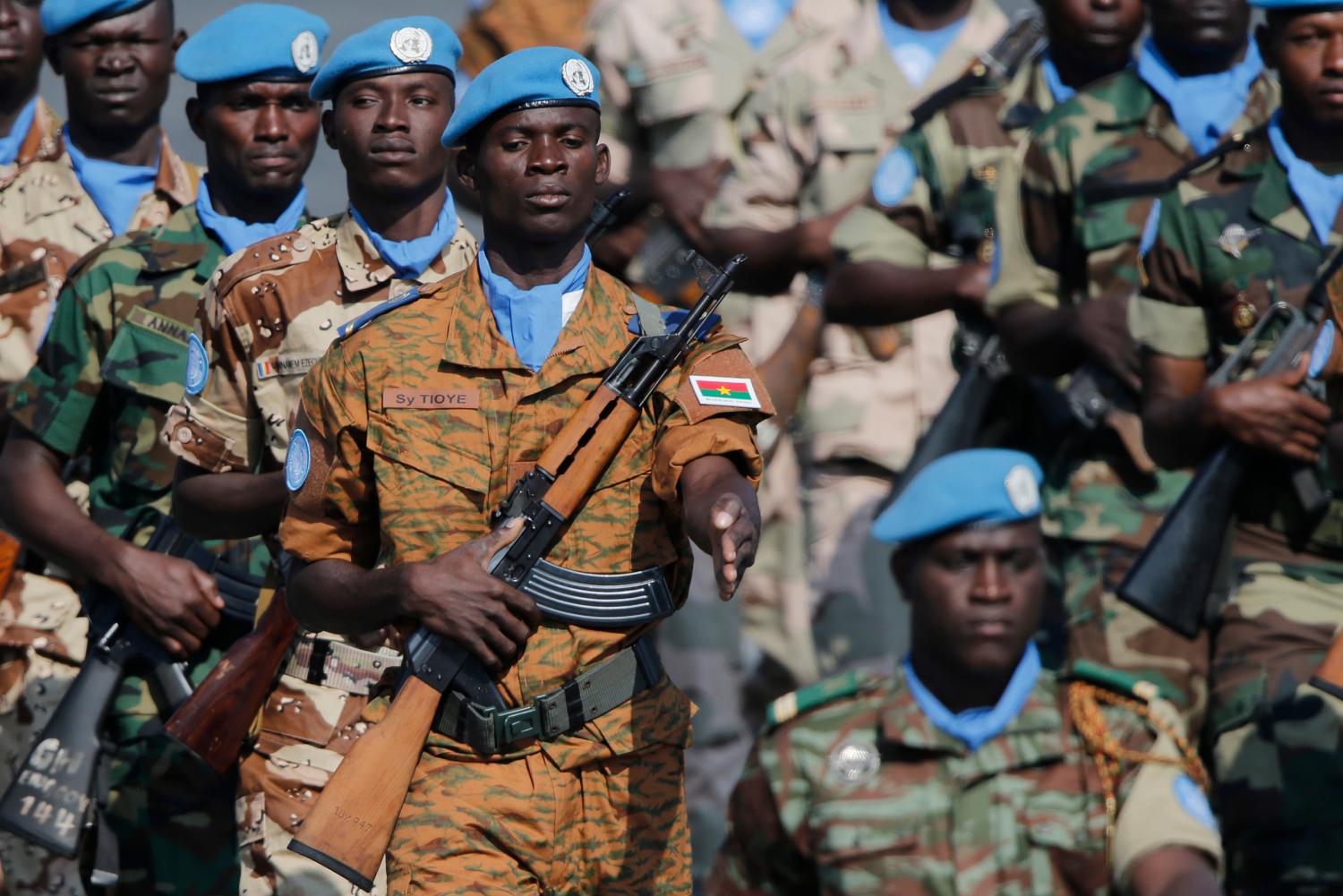
Authors: Andrew Lebovich
Andrew Lebovich traces the evolution of local orders in Mali, discussing past governance practices and the outcomes of prior rebellions in the 1960s, 1990s, and 2000s before turning to the period following the 2012 peace accords to present analysis on the current prospects for these agreements.
Downloads:
Combat charities or when humanitarians go to war
Influence of non-state actors on local order of partially governed spaces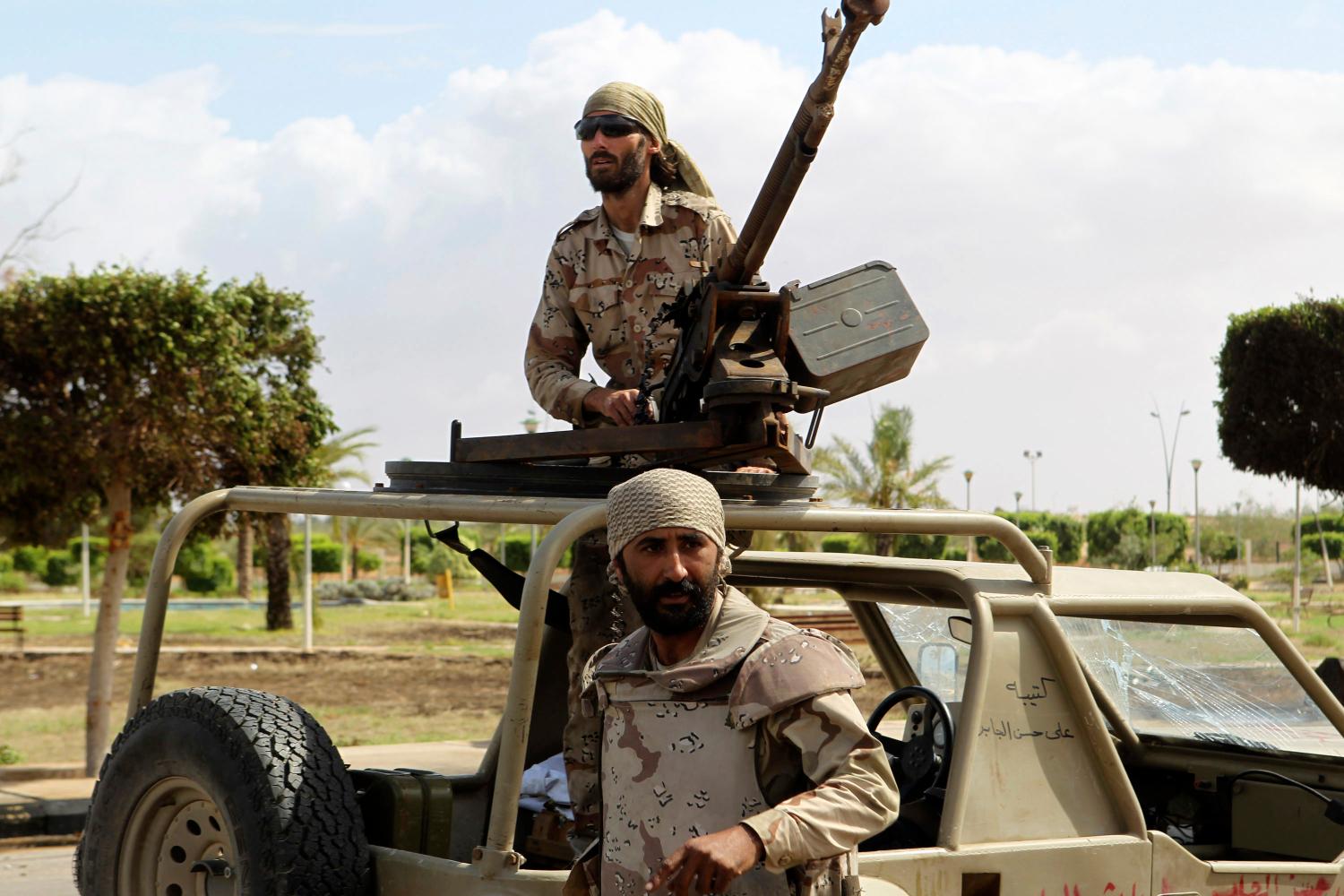
Authors: Pavol Kosnáč
Pavol Kosnáč analyzes the rising phenomenon of “combat charities,” or entities that seek to provide military and political assistance to weaker armed groups or minorities resisting the military onslaught of others, such as of ISIS in the Middle East and North Africa.
Downloads:
Reconstituting local order in Pakistan: Emergent ISIS and locally constituted Shariah courts in Pakistan
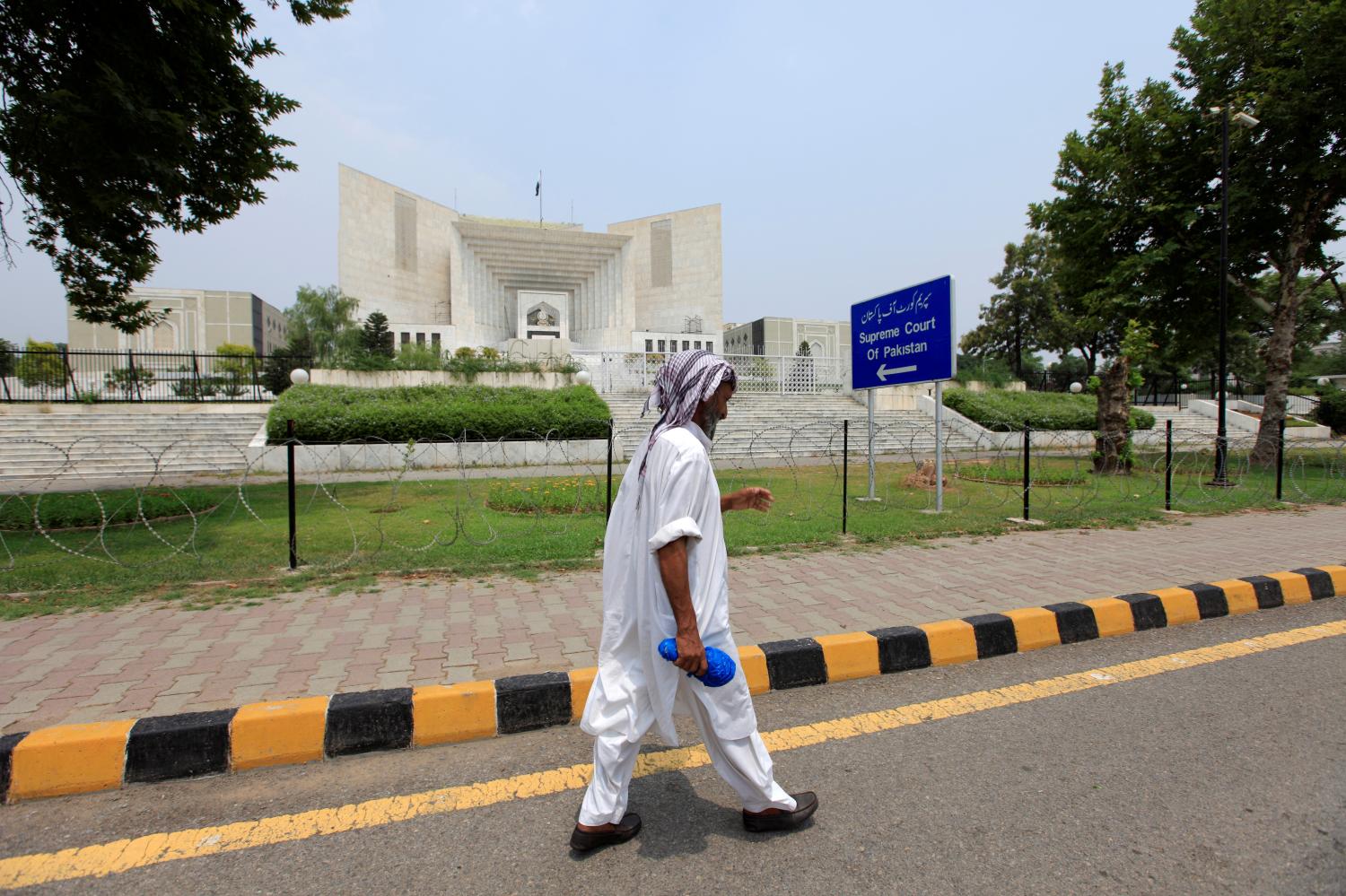
Authors: Manzar Zaidi
In this paper, Manzar Zaidi investigates how in Pakistan, the state has partially failed to establish local order in its region because of poor governance, the lack of a coherent counterterrorism policy, and a disconnect between state organs.
Downloads:
Inside out: The challenge of prison-based criminal organizations

Authors: Benjamin Lessing
In this paper, Benjamin Lessing argues that prison gangs present three distinct problems for policymakers and provides policy recommendations based on case studies in California, El Salvador, and São Paulo, Brazil.
Downloads:
Local orders and international engagement in South Asia
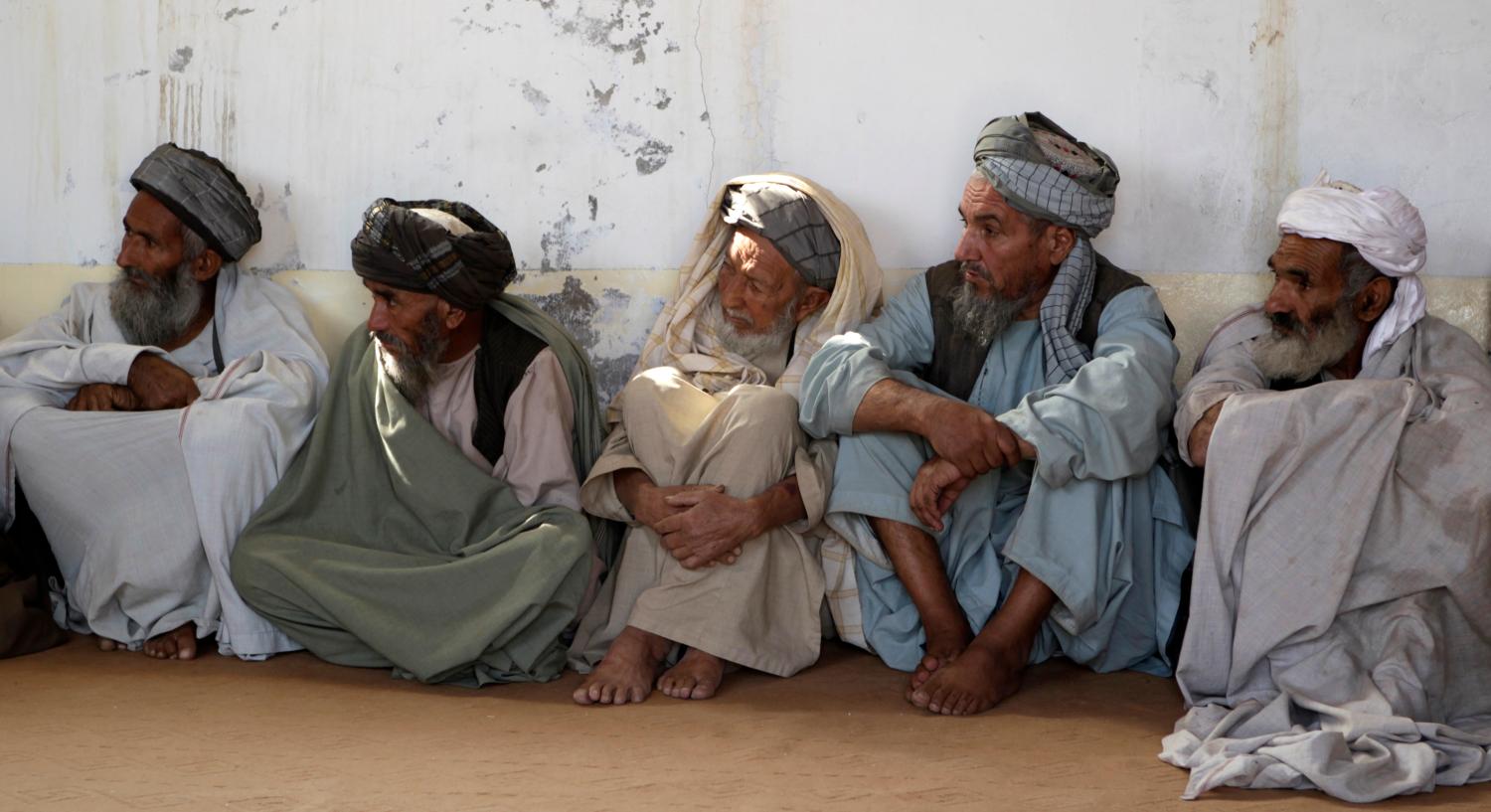
Authors: Matthew J. Nelson
Matthew J. Nelson outlines four cases of local orders in India, Pakistan, Bangladesh, and Afghanistan. Noting that these orders are quite difficult to change, he analyzes the ways in which Western social and governmental organizations might be able to engage with members of these communities more effectively by working within these orders rather than against them.
Downloads:
Imagining assistance: Tales from the American aid experience in Iraq in 2006 and Pakistan in 2011
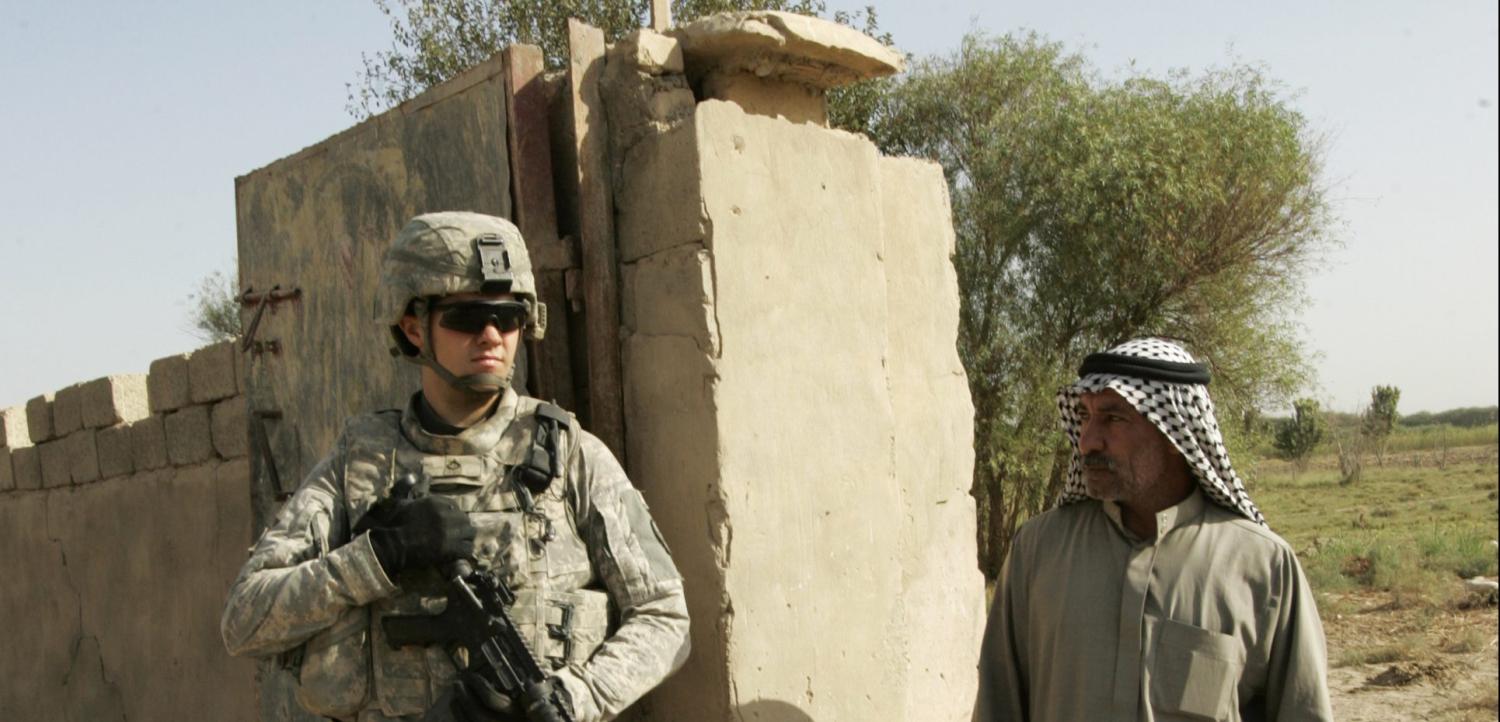
Authors: Cameron Munter
For more than a decade, government assistance to Afghanistan, Iraq, and Pakistan (the so-called AIP countries) has dominated United States aid efforts. Cameron Munter draws on his experience as the head of the Provincial Reconstruction Team (PRT) in Mosul, Iraq in 2006 and as ambassador of the United States to Pakistan in Islamabad in 2011, with a description of U.S. reconstruction and state-building from which we may find lessons to consider in the future.
Downloads:
Better next time? Tales from the American aid experiences in Iraq and Pakistan
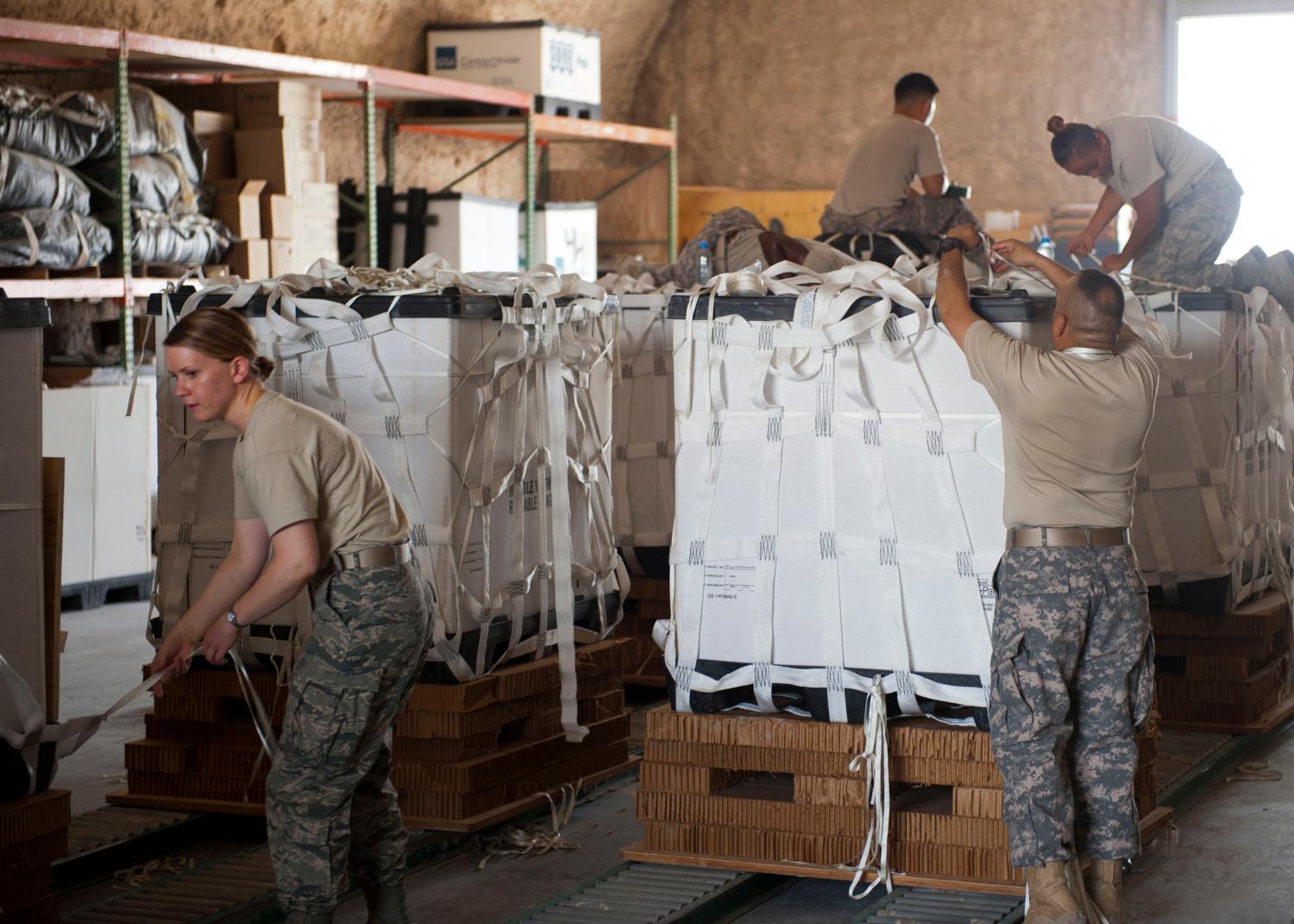
Authors: Cameron Munter
In the last decade, government assistance to Afghanistan, Iraq, and Pakistan (the AIP countries) has dominated U.S. aid efforts. We’ve learned that it’s difficult to provide aid to dangerous places.
The Brookings Institution is committed to quality, independence, and impact.
We are supported by a diverse array of funders. In line with our values and policies, each Brookings publication represents the sole views of its author(s).

